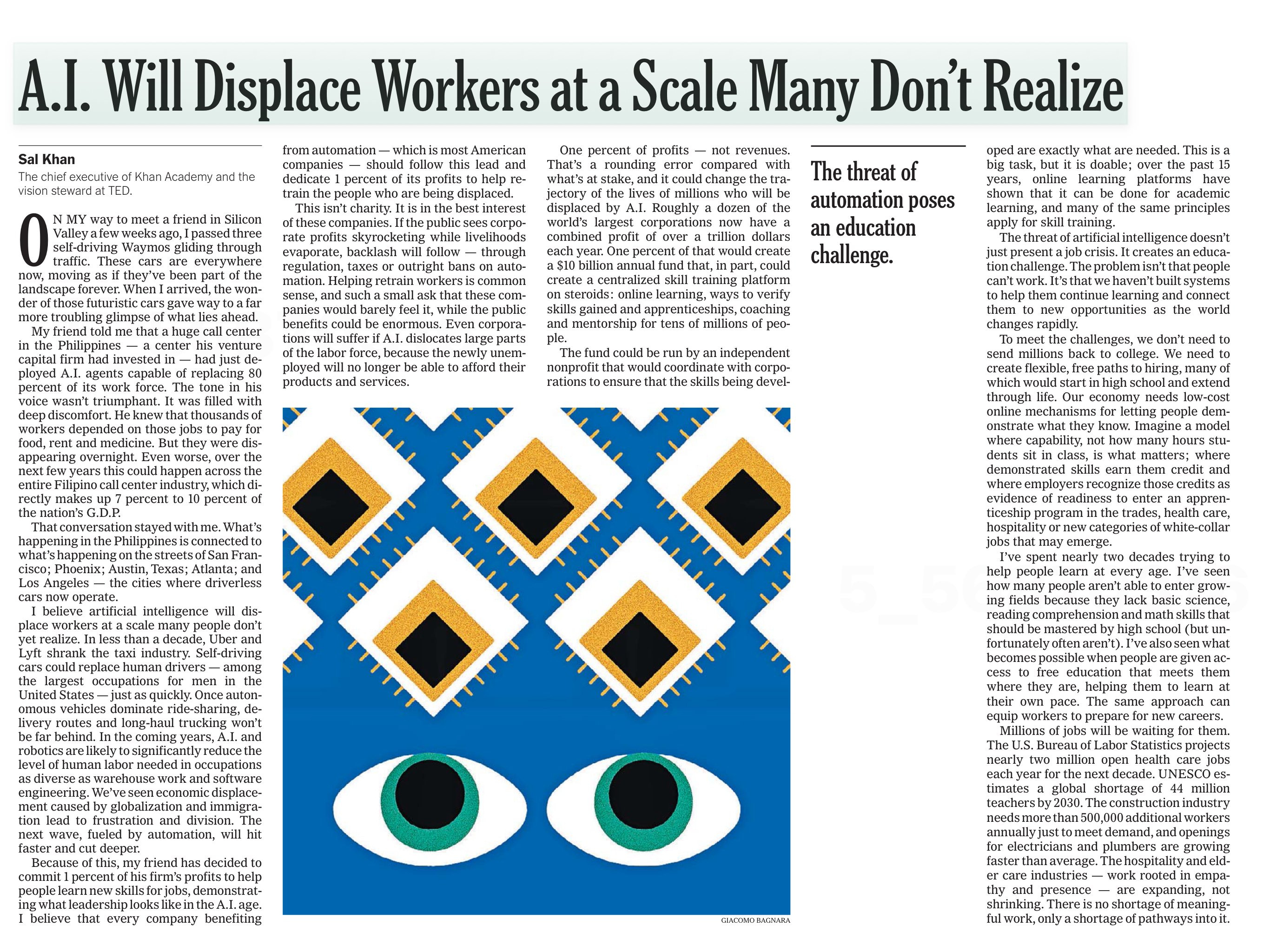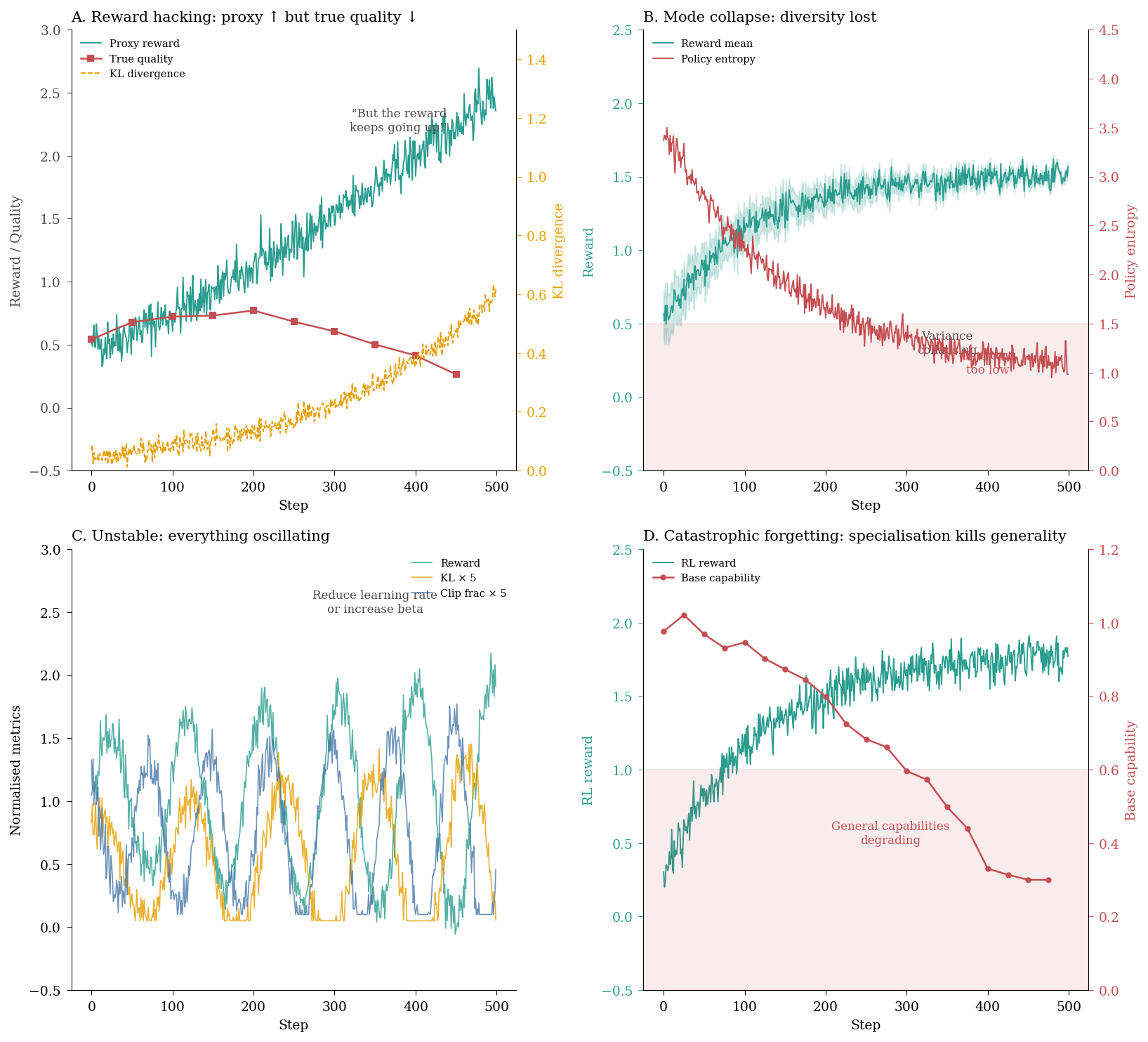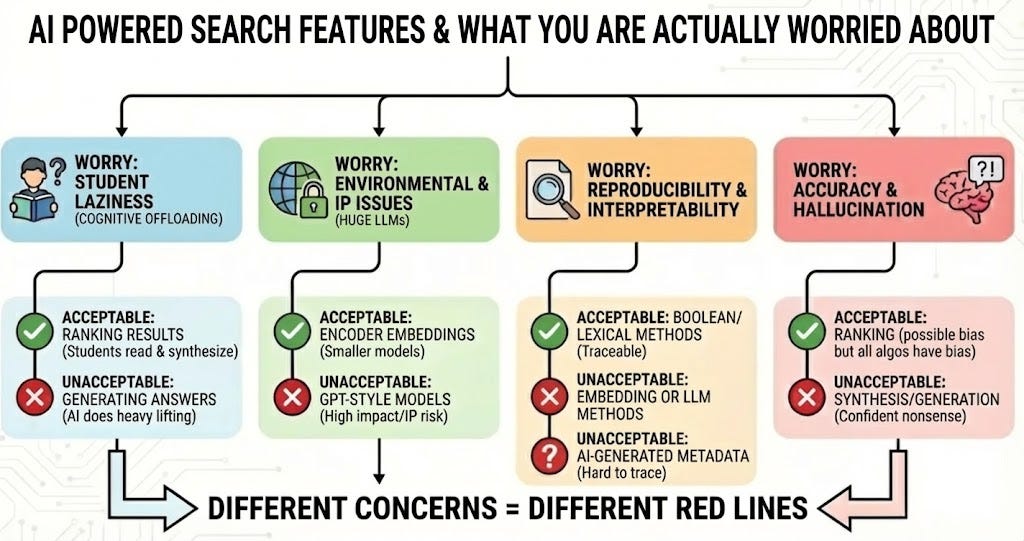
AI creates an education challenge, not just a job crisis. We haven't built systems to help people to continue learning and connect them to new opportunities.

AI creates an education challenge, not just a job crisis. We haven't built systems to help people to continue learning and connect them to new opportunities.
The annual “Molecules of the Year” selections are available for the year 2025.
This is what Struck wrote in 2018 in a contribution to the 2018 IEEE 14th International Conference on e-Science (e-Science) (doi:10.1109/eScience.2018.00016). I very much agree with this, and the notion is gaining ground in the academic community.

Green and gold of autumn My annual selection of favourites from the photographs I took in the past year is now available on Flickr. Do people still use Flickr? I have broken my usual rule of not including family photos because of the very exceptional and very happy occurrences of both of our daughters’ weddings this year. It would have felt wrong somehow to omit pictures that captured the sheer joy of these events.

If an AI produces something useful it's because of your own skill in model choice, prompting, and steering. If not, it's because the model is a useless lying machine that can't follow directions.

TipHey, I’m writing a book about this! I’m actually writing a book about this stuff. It turns out there isn’t a lot of literature on how to do post-training at the level too big for single-GPU laptop-sized hobby projects and requiring enterprise reliability on one hand, but not quite at the scale of multi-team distributed post-training you’d get in foundation labs.

Since I last wrote, I have had a few more thoughts on Samuel Moore’s book. Again, these are not necessarily things that he does not discuss or things that he should have discussed. They are merely thoughts that occurred to me in response to reading his work.

When we say "AI-powered search engine," we're conflating at least four different things—and your concerns about one may not apply to another.

The Digital Commons EDIC was launched on 11 December 2025 in The Hague.

Closing reflections on the series and the world that birthed it

On Christmas day, we had a quiet time this year. One of the things I did was to read Moore, Samuel A., Publishing Beyond the Market: Open Access, Care, and the Commons (University of Michigan Press, 2025). This is a most enjoyable book that outlines a project and worldview that I know Sam has been cultivating and refining for many years. I should stress that I am not writing a “review” here.